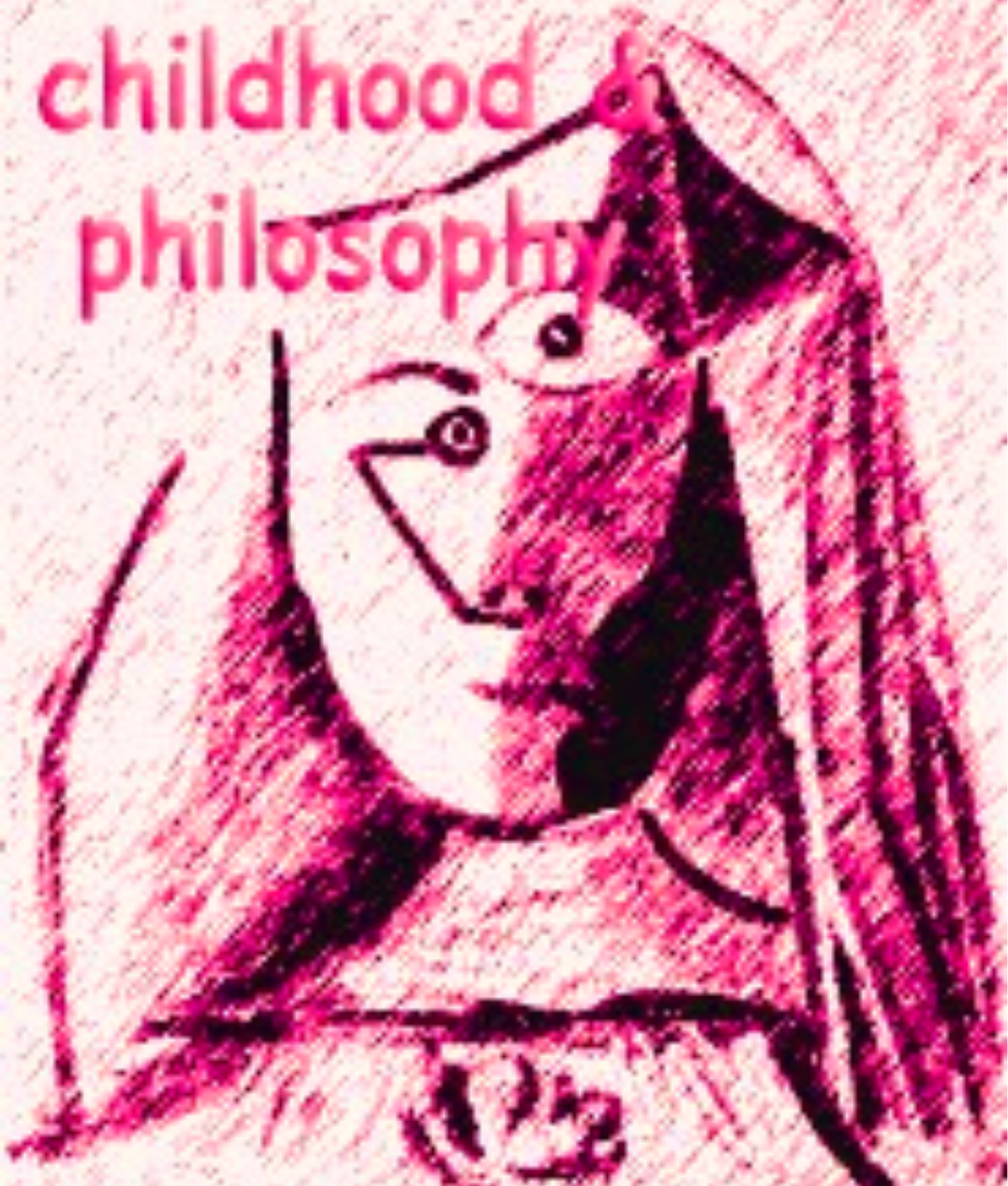book review: lone, jana mohr (2021), seen and not heard: why children’s voices matter
DOI:
https://doi.org/10.12957/childphilo.2022.64826Keywords:
Philosophy for/with ChildrenAbstract
Downloads
References
Bridgers, S. et al. (2016). Children's Causal Inferences from Conflicting Testimony and Observations. Developmental Psychology Vol. 52, No. 1, 9 –18.
Gopnik et al (2015). When Younger Learners Can Be Better (or at Least More Open-Minded) Than Older Ones. Current Directions in Psychological Science, Vol. 24(2) 87–92.
Gopnik et al. (2017) Changes in cognitive flexibility and hypothesis search across human life history from childhood to adolescence to adulthood. PNAS vol. 114, no. 30, 7892–7899.
Kizel, A. (2014) "’Life goes on even if there’s a gravestone’: Philosophy with Children and Adolescents on Virtual Memorial Sites.” Childhood and Philosophy 10 (20), 421-443.
Kizel, A. (2015). "Philosophy with Children, the Poverty Line, and Socio-philosophic Sensitivity." Childhood and Philosophy 11 (21) 139–162.
Lucas, C.G. et al. (2013). When children are better (or at least more open-minded) learners than adults: Developmental differences in learning the forms of causal relationships. Cognition 131, 284–299.
Vasilyeva et al, (2018) The Development of Structural Thinking About Social Categories. Developmental Psychology, Vol. 54, No. 9, 1735–1744.
Walker, C.M and Gopnik, A. et al, (2015). Learning to Learn from Stories: Children's Developing Sensitivity to the Causal Structure of Fictional Worlds. Child Development, January/February 2015, Volume 86, Number 1, 310–318.



